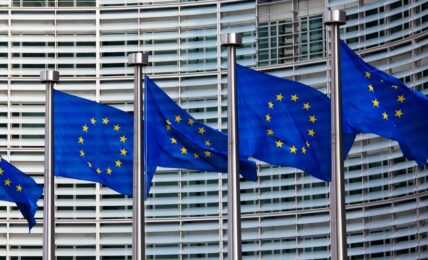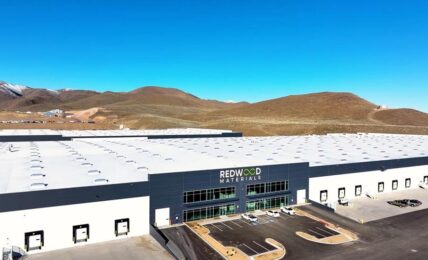Google announced a new 10-year agreement with power company PacificLight and renewable energy developer RExus Bioenergy to build a wood-to-waste plant in Singapore, and provide clean energy to Google to power its data center and operations in the region.
The deal marks the latest in a series of renewable energy announcements for Google in Asia, including the recent launch of a clean energy-focused partnership in Taiwan with BlackRock, and the company’s first renewable energy purchase deal in Japan in May.
According to the companies, the new agreement will support Google’s target to operate on 24/7 carbon-free energy (CFE) by 2030. Operating on 24/7 CFE means matching electricity demand with CFE supply every hour of every day, in every region where the company operates.
According to the Singapore Economic Development Board, Singapore depends almost exclusively on liquid natural gas (LNG), a highly potent greenhouse gas, for its energy. Singapore also has limited capability to deploy traditional renewable energy facilities, lacking land for substantial solar or wind deployment or rivers for hydroelectric power generation.
Giorgio Fortunato, Head of Clean Energy & Power for Asia Pacific, Google said:
“We are excited about this project, as it demonstrates how technology and innovation are key to progress towards our clean energy targets, especially in a market with limited clean energy resources like Singapore. This biomass power plant will provide firm, clean, dispatchable power, supporting our goal to source 24/7 carbon-free energy in every grid where we operate.”
Under the terms of the deal, PacificLight will offtake renewable energy generated from RExus’s Waste Wood-to-Energy (WWtE) Plant and supply it to Google.
The RExus plant converts wood, such as horticultural waste and waste wood from the logistics industry–wood pallets, crates, and construction debris–into energy. The renewable energy generated by the new WWtE plant will be certified under the International Renewable Energy Certificate (I-REC) standard. It will also be paired with a pilot-scale carbon capture system where the captured CO2 will be channeled towards downstream uses. The 13.2MW WWtE plant was jointly developed and funded by Sobono Bioenergy and V8 Environmental.
Oh Wee Khoon, Chairman, RExus said:
“This first-of-its-kind WWtE Plant pushes the boundary of process innovation and circularity concepts building upon our past endeavors. We are also excited to contribute to Singapore’s local food and biofuel innovations through demonstrative carbon capture initiatives, such as microalgae production and growing tomatoes in CO2-enriched greenhouses.”
The company said the plant uses advanced technology and is expected to be 10% more energy efficient than conventional WWtE plants in Singapore. The plant is expected to operate 24 hours a day, seven days a week starting in 2026.
Yu Tat Ming, CEO of PacificLight said:
“Our investment in Sobono Bioenergy is driven by our commitment to support renewable energy initiatives and become a low carbon energy company. The integration of sustainable biomass into the Singapore energy mix will provide a reliable and sustainable energy solution to Google and will also set a new standard for the Singapore industry.”


